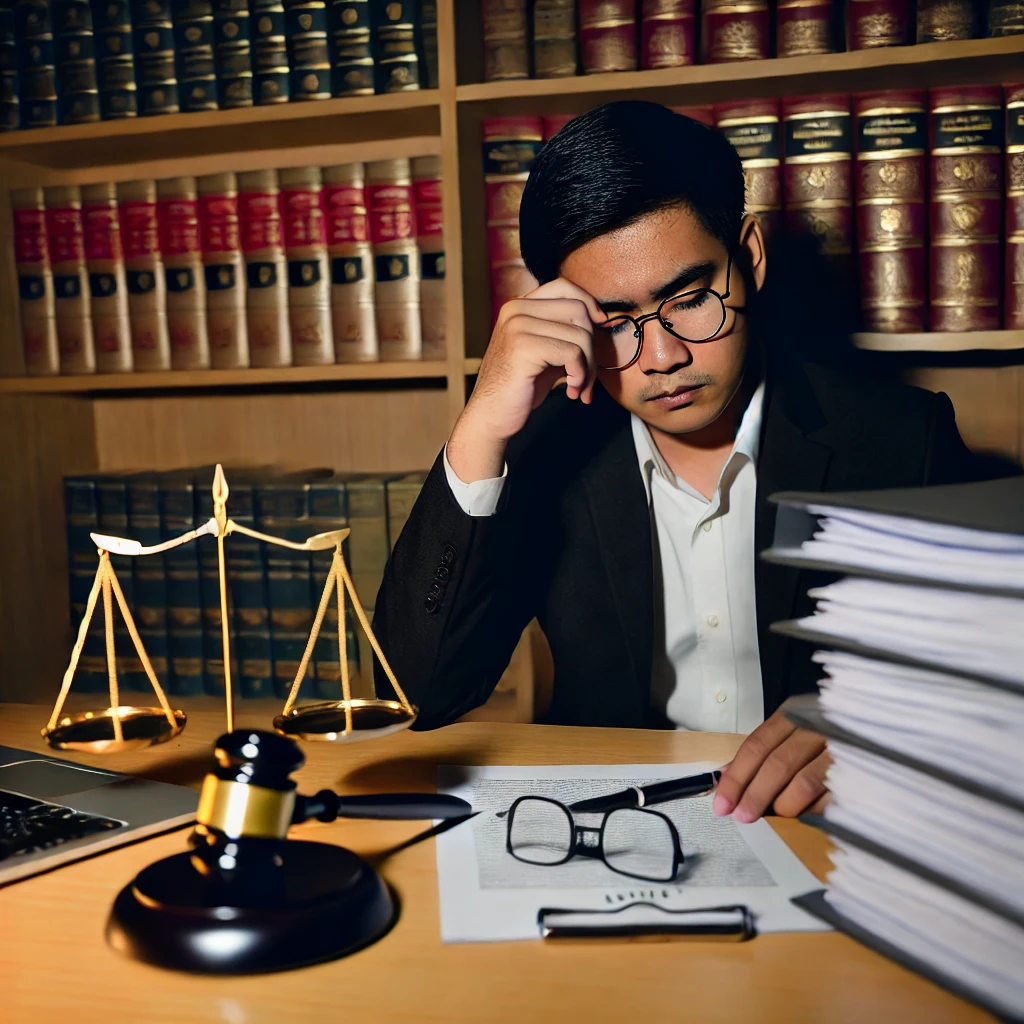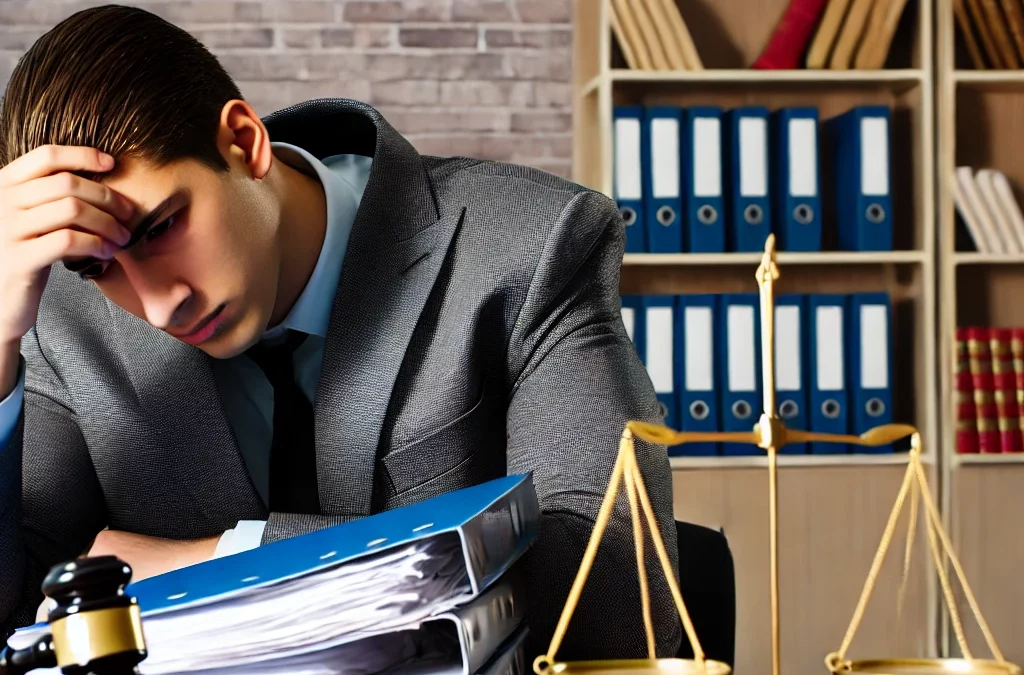Know Your Rights: Legal Protections for the Wrongfully Accused
Being wrongfully accused of a crime can be a nightmare scenario for anyone. In such situations, knowing and understanding your legal rights is crucial to protect yourself and ensure justice is served. This blog post will delve into the essential legal protections for those who have been wrongfully accused and provide insights on how to exercise them effectively.
Background
Wrongful accusations can have devastating consequences on a person’s life, reputation, and future. It is essential to have a basic understanding of the legal protections available to safeguard your rights in such situations. This post will provide an overview of the key issues involved in wrongful accusations and the legal framework for addressing them.
Key Issues
Essential Legal Rights and How to Exercise Them
One of the fundamental legal rights for individuals who have been wrongfully accused is the right to a fair trial. This includes the right to legal representation, the right to present evidence in your defense, and the right to confront your accuser. It is crucial to assert these rights and work closely with your defense attorney to navigate the legal system effectively.
The Right to a Fair Trial
The right to a fair trial ensures that you have access to a competent legal defense. You are entitled to an attorney who can help you understand the charges against you, gather evidence, and present your case in court. Additionally, this right includes the ability to cross-examine witnesses and challenge the prosecution’s evidence.
The Right to Legal Representation
Having a skilled defense attorney is vital when facing wrongful accusations. Your attorney can provide legal advice, represent you in court, and help negotiate plea bargains or settlements if necessary. For example, in the case of Richard Phillips, who was wrongfully imprisoned for 45 years, effective legal representation eventually led to his exoneration in 2018.
The Right to Present Evidence
Presenting evidence in your defense is a critical component of ensuring a fair trial. This includes providing alibis, presenting expert testimony, and introducing physical evidence that can refute the charges against you. The ability to present evidence allows you to build a strong case for your innocence.
Case Studies / Examples
To illustrate the challenges faced by the wrongfully accused, we will look at specific case studies where individuals have been falsely implicated in crimes. These examples will highlight the flaws in the legal system and the importance of legal protections for maintaining innocence until proven guilty.
Case Study: The Central Park Five
The Central Park Five case is a poignant example of wrongful accusations leading to severe injustices. In 1989, five teenagers were wrongfully accused and convicted of a brutal assault and rape in Central Park, New York City. Their confessions, coerced during intense interrogations, were later proven false by DNA evidence. They were exonerated in 2002, after spending years in prison for a crime they did not commit.
Case Study: Brian Banks
Brian Banks, a promising football star, was wrongfully accused of rape in 2002. He spent five years in prison before his accuser admitted to fabricating the story. Banks was exonerated in 2012, highlighting the critical importance of legal protections and the devastating impact of wrongful accusations.
Expert Insights
Legal experts emphasize the significance of procedural protections for individuals facing wrongful accusations. They stress the need for due process, the presumption of innocence, and robust legal representation to combat false allegations effectively. Their insights shed light on the complexities of navigating the legal system under such circumstances.
Due Process
Due process is a fundamental legal principle that ensures fair treatment through the normal judicial system. It includes the right to a fair and public trial, the right to be heard, and the right to receive notice of charges. Due process protections are crucial in preventing wrongful convictions.
The Presumption of Innocence
The presumption of innocence is a cornerstone of the justice system, asserting that an individual is considered innocent until proven guilty. This principle requires that the burden of proof lies with the prosecution and that any doubt should benefit the accused. Upholding this presumption is essential in safeguarding against wrongful accusations.
Robust Legal Representation
Robust legal representation means having access to skilled and experienced defense attorneys who can effectively advocate for the accused. This includes ensuring that public defenders have adequate resources and training to provide quality legal defense for all, regardless of their financial situation.
Conclusion
In conclusion, knowing your legal rights and exercising them diligently is essential for individuals who have been wrongfully accused. By understanding the legal protections available and asserting them effectively, you can safeguard your innocence and ensure a fair outcome in the legal process.
If you or someone you know is facing wrongful accusations, seek legal assistance immediately. It is crucial to have a knowledgeable defense attorney by your side to protect your rights and mount a strong defense against false allegations.
Additional Resources
References
- The Innocence Project: Richard Phillips
- Biography: The Central Park Five
- NBC News: Brian Banks Exonerated
Hashtags: #LegalProtections #WrongfulAccusations #JusticeReform #LegalRights #Innocence
Visit our website to make a donation to assist me in my case.


